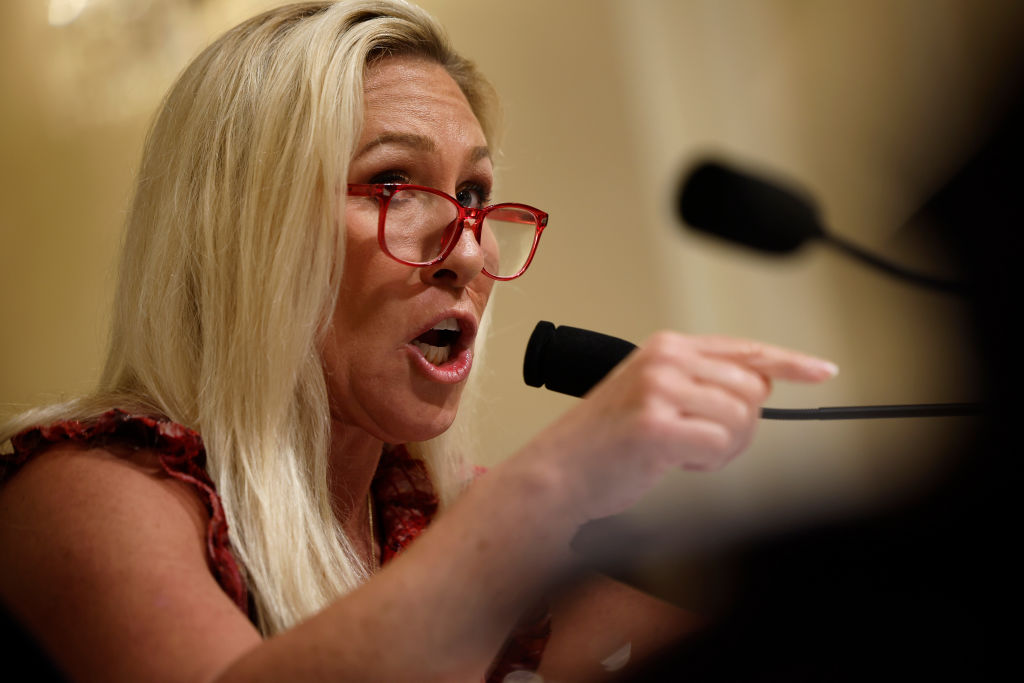The precipitating event of the financial crisis was the financial collapse or near collapse of several large financial institutions including Bear Stearns, Lehman Brothers, AIG, Citibank and Bank of America. The unsophisticated view blames this collapse on exotic financial instruments like credit default swap (CDS), CMO’s and other derivatives. In my view, these institutions did not properly analyze the risks in their portfolios; or they understood the risks but decided to take the risks anyway because of the profit potential. Since these institutions were sophisticated investors with some of the best investment analysts on Wall Street working for them, I must assume that they were not stupid. If they were not stupid, then they decided to undertake the high risks in their portfolio to make more money. The nature of risk is that sometimes, even with the best of information and analysis, you lose.
RELATED: BALLENTINE: Black America Needs More Accountability
A risk-free banking system is neither possible nor desirable. A capitalist economy needs banks to make commercially viable loans to businesses that are inherently subject to risks. If congress wants to minimize financial stress in the future, it should begin by seeing what worked in the past. I believe that Congress should consider several reforms.
First, Congress should consider re instituting a modern globalize version of Glass-Steagall and separate commercial banks from investment banks. The FDIC can guarantee the deposits of the commercial banks and the Fed can impose strict regulation on portfolio risks of loans and securities. This will protect the major commercial banks, retail depositors, and the basic (M-1) money supply. The commercial banks will be protected and would not fail. On the other hand, investment banks would be able to take whatever risks they want. If their portfolio is very risky and things work out, they can make a lot of money. If they misjudge the risks and things don’t work out, they would be allowed to fail. In order for this system to work properly, Congress needs to update Glass-Steagall for the realities of the globalization of finance.
Text continues after gallery …
Second, Congress should consider applying the medical profession’s first principal “Do No Harm” to the financial system. Regulation always has unintended consequences. Notwithstanding the SEC’s inability to detect fraud in several high profile cases like Madoff and Stanford, it has done a good job imposing full disclosure on Wall Street. Congress should not saddle it with impossible regulatory responsibility to determine capital requirements, credit standards or approving securities.
RELATED: BALLENTINE: Right-Wing Obama Haters Should Stop Speaking In Code
Third, we the people must start targeting our money. We keep depositing our monies into banks that continue to act in an irresponsible way. When you look at the last banking meltdown in this country very few community banks or credit unions where involved in the mortgage crisis meltdown. These banks and finical institutes acted responsible and not greedy as most of the major banks did. These community banks or credit unions are where Americans should bank this would force big banks to change their greedy ways.
Finally, Congress should not create a bank tax to fund future financial bailouts. This fund would create a huge moral hazard by shifting responsibility of solvency of financial institutions from their board of directors to the government. Banks that are too large to fail would have an implicit federal guarantee of their obligations and as a result a competitive advantage in raising funds.
Given Congress’ need to find a scapegoat for the financial meltdown of the Great Recession other than itself, it will no doubt make a least a cosmetic effort at financial reform to show American voters that it has heard their cry to immediately overhaul these financial institutions.
Ballentine is a nationally syndicated radio talk show host and writes a weekly column for Jet Magazine.
















